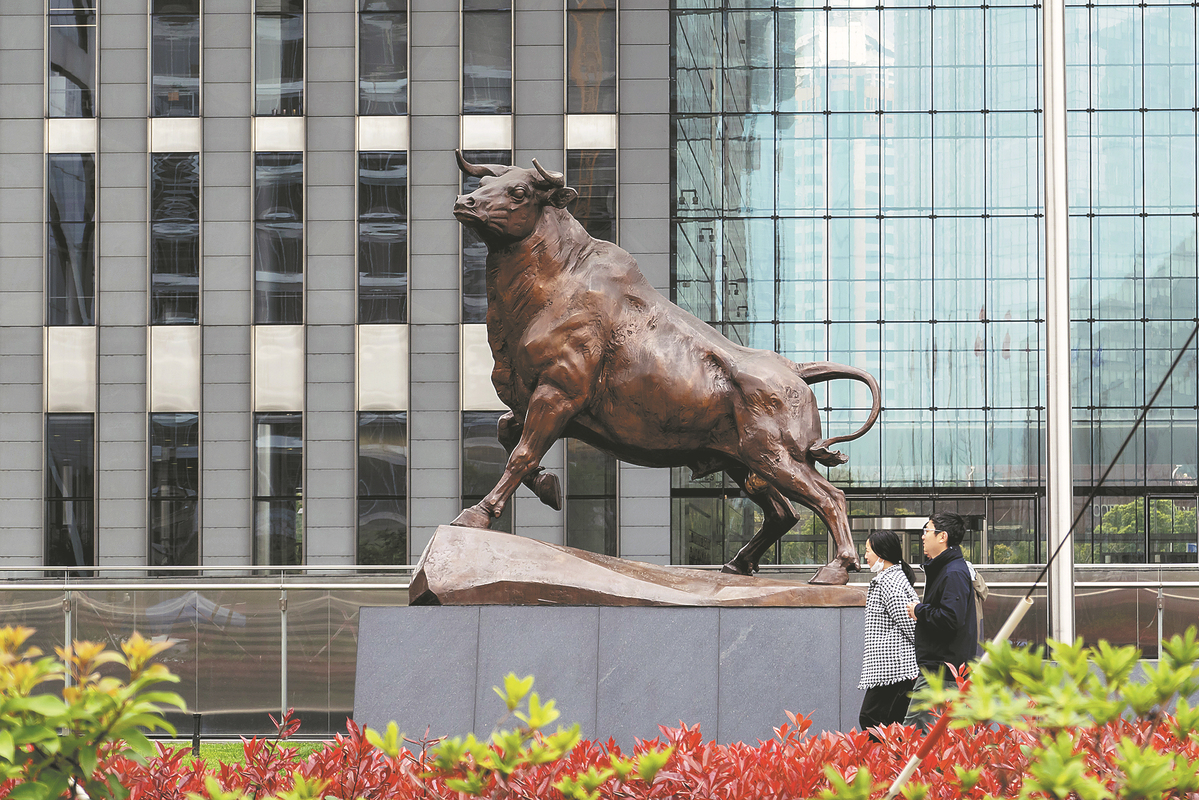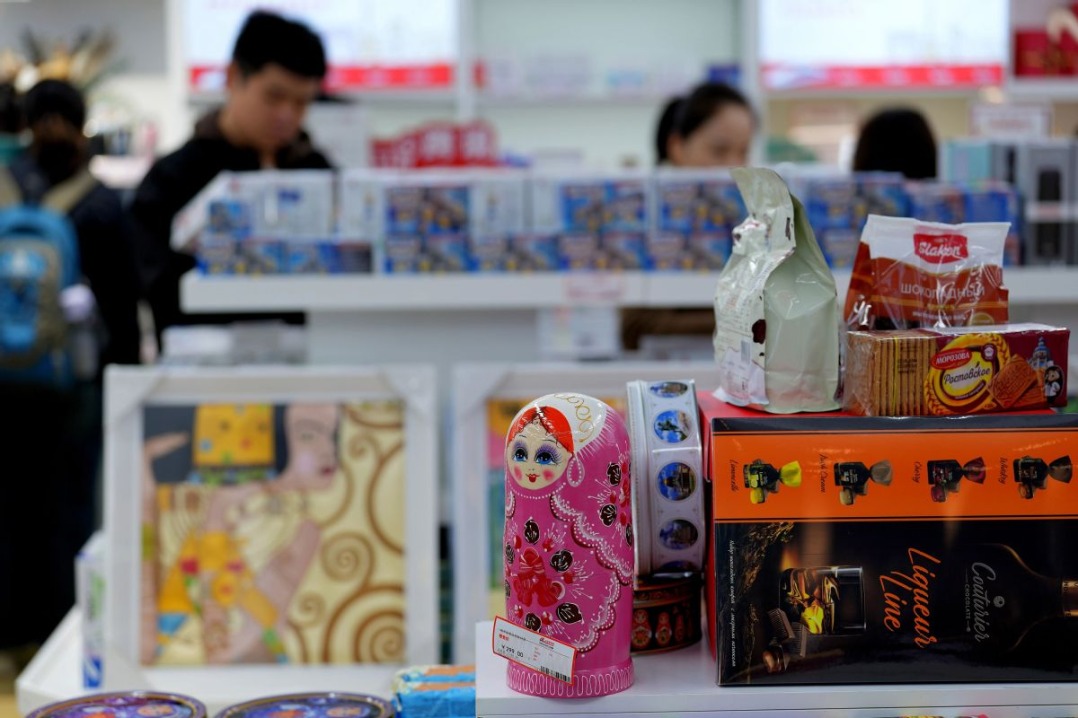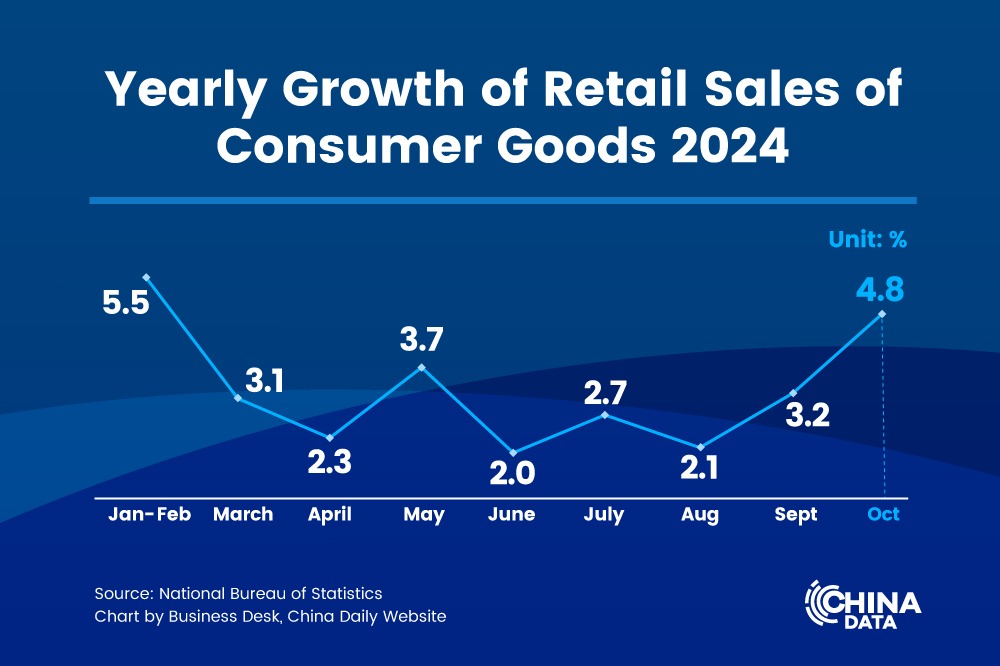China looks to strengthen regulation in capital market


The China Securities Regulatory Commission has announced to elevate IPO requirements, tighten delisting rules and strengthen the oversight of quantitative trading in a set of policy documents on Friday.
The latest move is part of the country's efforts to put into place the guideline released by the State Council, China's Cabinet, earlier on Friday to strengthen regulation, forestall risks and promote the high-quality development of the capital market.
The CSRC said in a draft regulation on Friday that companies would need to meet higher requirements in terms of research and development investment, invention patents and business income growth to be qualified for IPOs on Shanghai's STAR Market.
Yan Bojin, head of the commission's department of public offering supervision, said it is also working with stock exchanges to raise the listing standards — in terms of revenue and profit — of the main boards and Shenzhen's ChiNext board, mulling to raise the requirement of net profits earned in the past year to 100 million yuan ($13.8 million) and 60 million yuan, respectively.
The CSRC said in a separate draft policy document that it has decided to significantly raise the proportion of IPO applicant companies randomly selected for on-site inspection from 5 percent to 20 percent.
The commission will also lower the thresholds for delisting due to financial fraud. "For companies that have committed financial fraud for three consecutive years since 2020, the CSRC will strictly apply new regulations to delist them," said Guo Ruiming, head of the CSRC's department of listed company supervision.
In a guideline aimed at strictly implementing delisting rules, the CSRC said a listed company will also face delisting in scenarios where a huge amount of funds are occupied by major shareholders, the company's internal control has been issued non-standard opinions for several consecutive years, and contention for the controlling right has prevented investors from effectively obtaining information of the company.
In terms of programmatic and high-frequency trading, a draft regulation the CSRC released on Friday said that stock exchanges are eligible to charge differentiated fees for high-frequency trading, and implement strict supervision of any abnormal high-frequency trading behavior.
Zhang Wangjun, an official of the CSRC, said both domestic and foreign programmatic investors should report their necessary information, including account information, financial information and trading strategies. Domestic and foreign investors are subject to the same trading monitoring standards.
In cases of abnormal programmatic trading behavior detected among Northbound investors, Shanghai and Shenzhen stock exchanges will request assistance from their Hong Kong counterpart to investigate and take regulatory action, Zhang said.
"This is not about treating Northbound investors differently or unequally, but rather treating all investors equally to ensure fairness in the trading and regulation of all types of investors."
At present, the market value of shares held by programmatic trading investors accounts for about 5 percent of the A-share market's total free-float market value, while their trading amount represents approximately 29 percent of the market's total trading volume, according to the CSRC.




































